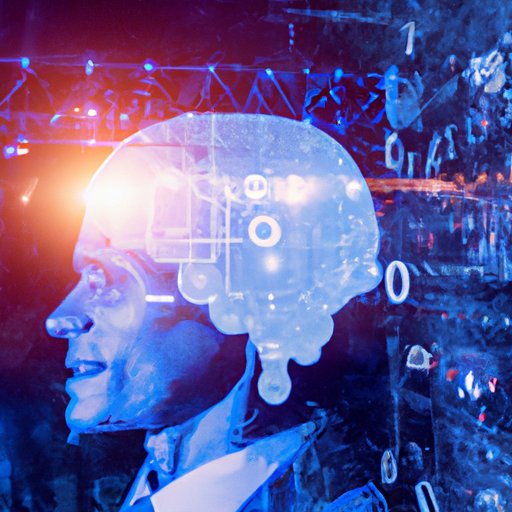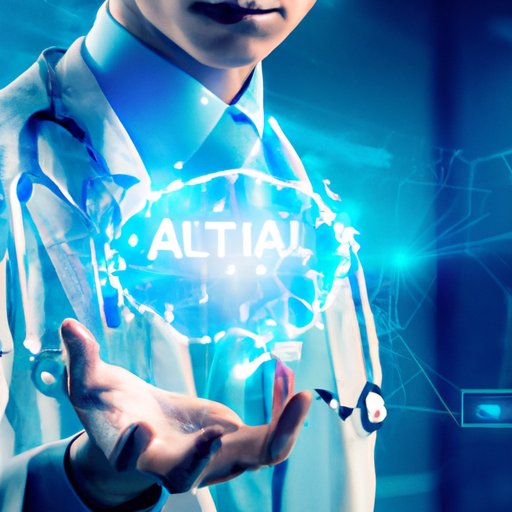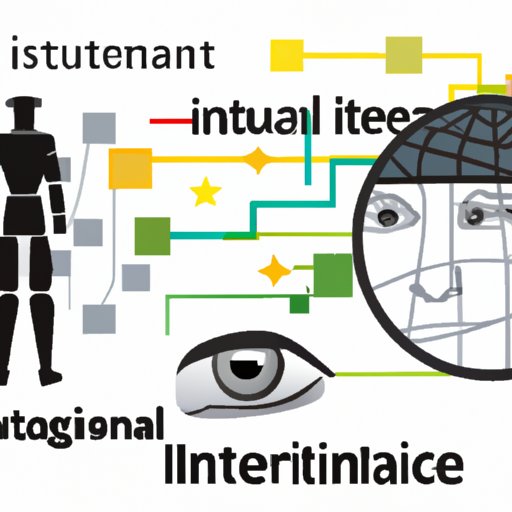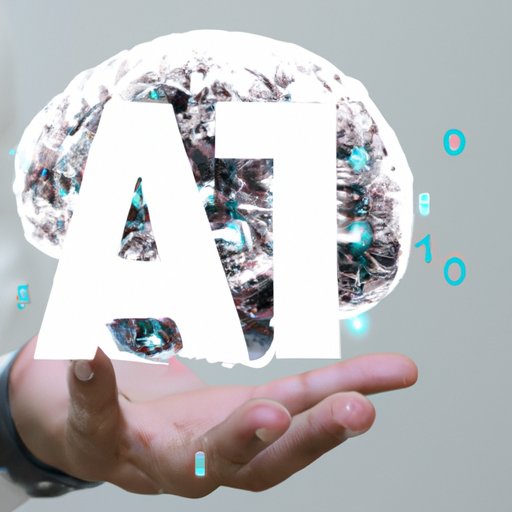Introduction
As technology continues to advance, so too does the development of artificial intelligence (AI). AI is a type of computer-based technology that is capable of performing tasks normally associated with human intelligence, such as decision-making, problem solving, and learning. AI has been used in a wide variety of applications, including facial recognition, natural language processing, autonomous vehicles, and healthcare. As AI becomes more advanced, it is expected to have a major impact on many aspects of our lives in the future.

Exploring the Impact of AI on Jobs and the Economy
One of the most significant potential impacts of AI is its effect on jobs and the economy. According to a study by the University of Oxford, 47% of US jobs are at risk of being automated over the next 20 years. This could lead to massive job displacement and disruption in the labor market. While this could lead to increased efficiency and cost savings for businesses, it could also result in a large number of people being out of work.
However, there may also be some potential benefits to the economy from the use of AI. For example, AI could lead to new job opportunities in areas such as AI programming and development. According to a report by Accenture, AI could add $14 trillion to the global economy by 2035. Furthermore, AI-driven automation could lead to increased productivity, which could help boost economic growth.

Examining the Role of AI in Healthcare
Another area where AI could have a major impact is in healthcare. AI can be used to automate the diagnosis and treatment of diseases. AI-powered systems can analyze data from medical images and patient records to detect potential health issues. AI can also be used to develop personalized treatments based on individual patient data. In addition, AI can be used to monitor patients and alert doctors to any changes in their condition.
The use of AI in healthcare could lead to improved accuracy and efficiency in diagnosis and treatment. It could also reduce the amount of time and resources needed to provide care. Furthermore, AI-driven healthcare could help reduce costs, as it could lead to fewer mistakes and faster turnaround times.
Analyzing the Impact of AI on Education
AI could also have a major impact on education. AI-powered systems can be used to deliver personalized learning experiences for students. AI can analyze data from student performance to identify areas of improvement and provide targeted instruction. AI can also be used to create virtual learning environments that can be accessed from anywhere with an internet connection.
The use of AI in education could lead to increased engagement and better outcomes for students. AI-driven learning could also help reduce costs, as it could allow for large-scale delivery of educational content without the need for additional instructors or physical infrastructure.
Assessing the Use of AI in Automation and Robotics
AI could also have a major impact on automation and robotics. AI-powered systems can be used to automate routine tasks and processes, such as manufacturing and logistics. AI-driven robots can also be used to perform complex tasks, such as assembly and welding. AI-driven automation and robotics could lead to increased efficiency and cost savings for businesses.
In addition, AI-driven automation and robotics could lead to increased safety, as robots can perform dangerous tasks without putting humans at risk. Furthermore, AI-powered robots could also be used for exploration and search and rescue operations in hazardous environments.

Investigating the Potential Uses of AI in Security and Surveillance
Finally, AI could have a major impact on security and surveillance. AI-powered systems can be used to detect and respond to threats in real time. AI-driven surveillance systems can also be used to track and identify objects and people. The use of AI in security and surveillance could lead to increased safety and improved response times to potential threats.
However, there is also a risk that AI-driven surveillance systems could be misused for purposes such as mass surveillance and invasion of privacy. It is important that measures are taken to ensure that AI-driven surveillance systems are used responsibly and ethically.
Conclusion
In conclusion, AI is likely to have a major impact on many aspects of our lives in the future. AI could lead to job displacement and disruption in the labor market, but it could also create new opportunities and boost economic growth. AI could also improve healthcare, education, automation and robotics, and security and surveillance. However, it is important to ensure that AI-driven systems are used responsibly and ethically.
(Note: Is this article not meeting your expectations? Do you have knowledge or insights to share? Unlock new opportunities and expand your reach by joining our authors team. Click Registration to join us and share your expertise with our readers.)
